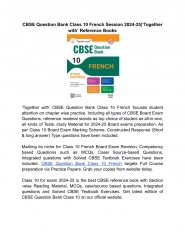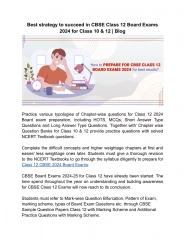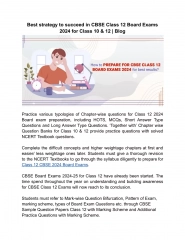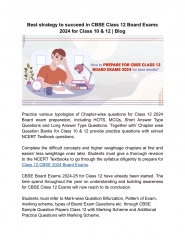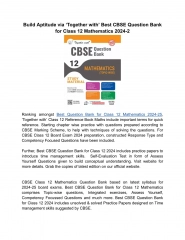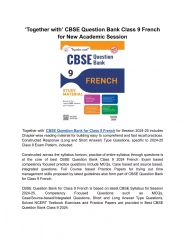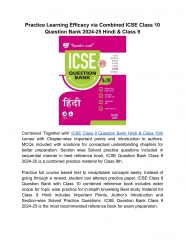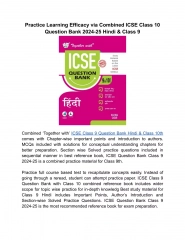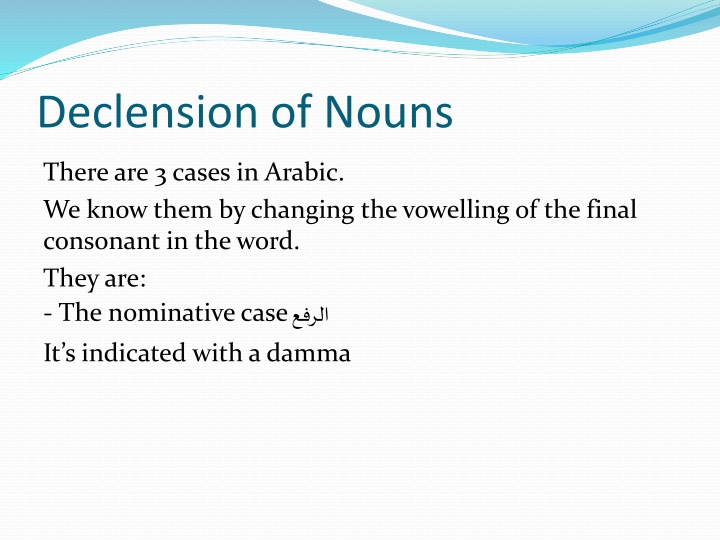
Arabic Noun Declension: Cases, Rules, and Examples
Understand the three cases of Arabic noun declension - nominative, accusative, and genitive. Learn how to indicate these cases, use prepositions, create nominal sentences, and apply the genitive of possession with practical examples.
Uploaded on | 2 Views
Download Presentation

Please find below an Image/Link to download the presentation.
The content on the website is provided AS IS for your information and personal use only. It may not be sold, licensed, or shared on other websites without obtaining consent from the author. If you encounter any issues during the download, it is possible that the publisher has removed the file from their server.
You are allowed to download the files provided on this website for personal or commercial use, subject to the condition that they are used lawfully. All files are the property of their respective owners.
The content on the website is provided AS IS for your information and personal use only. It may not be sold, licensed, or shared on other websites without obtaining consent from the author.
E N D
Presentation Transcript
Declension of Nouns There are 3 cases in Arabic. We know them by changing the vowelling of the final consonant in the word. They are: - The nominative case It s indicated with a damma
The accusative case: It s indicated with a fatha The genitive case: It s indicated with a kasra
The Genitive with Prepositions Every Arabic preposition takes its following noun in the genitive (prepositional phrase) : = to work = from the student (belonging) = to the man = for the student On the table = = in the garden
Nominal sentence: - subject = predicate = - When the nominal sentence has a prepositional phrase as a predicate, and the subject is indefinite = the subject is not usually placed first.
a man is in the garden X the man is in the garden In such sentences, we can use the English impersonal verb = there is , there are There is a man in the garden
) ( The Genitive of Possession - When a noun is followed by another noun in the genitive automatically loses its nunation. X
- When the second noun is definite, the first noun is automatically definite. The house of the man - BUT if it s intended that house should be indefinite with the meaning a house of the man implying he has other houses too we say:
- A noun followed by a genitive must not take the article. X
- Nothing must interpose between the noun and its following genitive So, if the noun is to be qualified with an adjective, the adjective should come AFTER the genitive: The man s big house
*Note that by altering the vowelling of the adjectives, different meanings are given: The man s big house The old man s house
It is possible to form the genitive of possession with an indefinite genitive, but in such cases the noun remains indefinite: A cup of coffee A large cup of coffee
Nouns in English Nouns can be Countable Uncountable
Uncountable nouns 1. We can t count them. So, they don t have plural form. We can t say: musics, bloods, golds, excitements, sugars X 2. Before uncountable nouns you can say the/ some/ any/ much/ this/ his/ her etc The music, some gold, much excitement, his blood
3. You cant use a/an before an uncountable noun. a music X an excitement X a blood X 4. You can also use uncountable nouns alone, with no article. This ring is made of gold Blood is red
Many nouns can be used as countable or uncountable nouns. Usually there is a difference in meaning. PAPER I bought a paper ( a newspaper = countable ) Hand me your papers ( documents = countable) I bought some paper ( material for writing on = uncountable)
HAIR There is a hair in my soup! ( one single hair = countable) She has beautiful hair ( hair on her head = uncountable) EXPERIENCE We had many interesting experiences during our holiday. ( thing that happened to us = countable) You need experience for this job ( Knowledge of something because you have done it before)
4. Some nouns are usually uncountable in English but often countable in other languages. - Accommodation Baggage - Behavior Bread Advice -
Chaos Furniture Information Luggage News Permission Progress Scenery Traffic Travel Trouble Weather Work - / - - - - -
These nouns are uncountable, so you cant use (a,an) before them I m looking for accommodation. I m going to buy some bread. Tom gave me some good advice. Where are you going to put all your furniture?
Remember that news is not plural: The news is very depressing today. ( not the news are X) Don t use travel to mean journey/trip: We had a good journey ( not a good travel X) I like travel but it s tiring sometimes.
These pairs of countable and uncountable: I m looking for a job ( C) I m looking for work (UNC) The author has a lot of works (C) What a lovely view! (C) What lovely scenery! (UNC)
Revision Translate the following sentence: The beautiful girl A beautiful girl The girl is beautiful
Doctor A small hand The book is new and small A small new book From the happy boy
The student s small book. The young student s book. I bought some paper
How many long syllables and short syllables are in the following words: Long syllables: 2 Short syllables: - Long syllables:2 Short syllables: 1 Long syllables: - Short syllables: 3 Long syllables: 2 Short syllables :3
She has long black ( hair / hairs) *hair Bad news ( don t / doesn t) make you happy. *doesn t I have a lot of (work/ works ) to do. *work
True or False ? There are 4 short vowels in Arabic ( ) (F) 3 Sukoon is used to signify the absence of a consonant ( ) (F) Of a vowel Nunation is found at the end of nouns or adjectives when they are indefinite ( ) (T) Arabic syllables should be given their full length () (T)
We should insert and between two adjectives when they form the predicate of a nominal sentence ( ) (T) All words that end in are feminine ( ) (F) There are some exception like The is added to a collective noun to indicate a single object ( ) (T)

